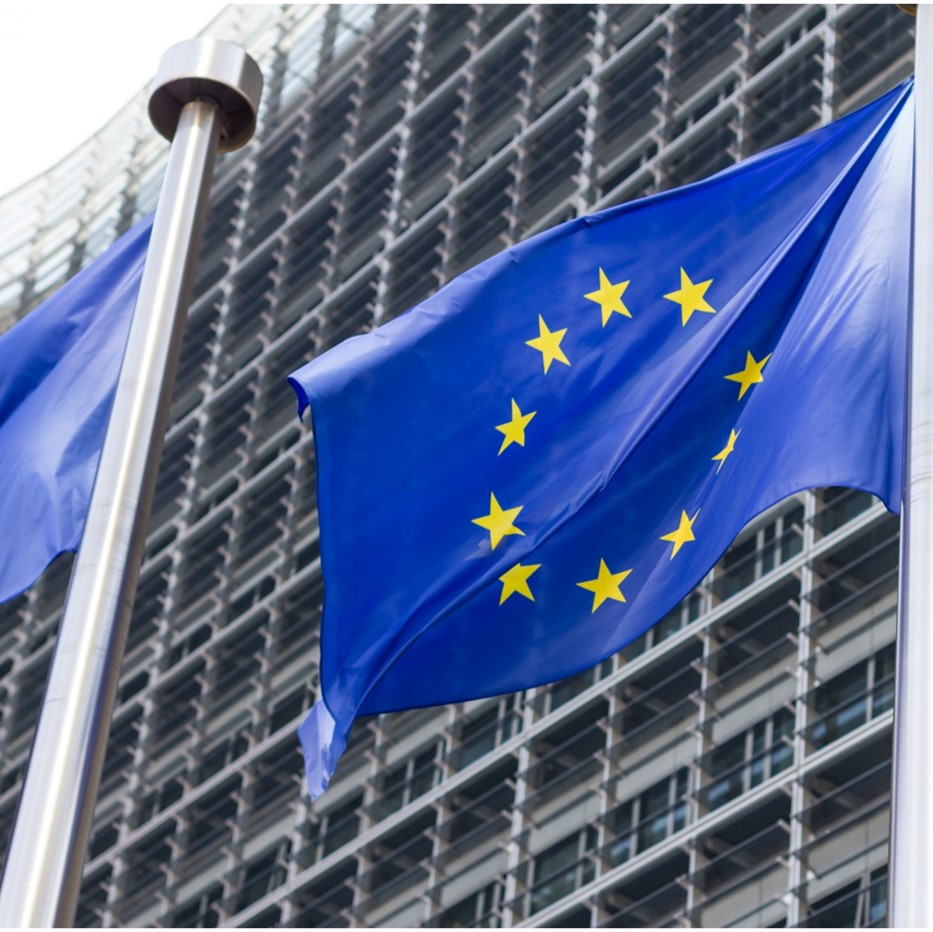Global food security has increased during period of EU biofuels use
Last week the journal Science Magazine published a study by biofuels critic Tim Searchinger that re-packaged the previously debunked food vs fuel theory. Searchinger’s latest doomsday prediction claims that Europe’s biofuel policy is relying on reductions in food consumption to generate GHG savings.
While this theory sounds nice on paper, it is completely out of sync with reality. Why? Because the assumptions of the study are seriously flawed: biofuels are categorically not reducing the amount of food available for consumption and all credible data proves this.
2014 was a record year for European cereals production with over 325 million tonnes produced, up more than 10% from 2009 levels - when the EU biofuels policy was introduced. Throughout the period 2009-2014 the level of EU cereals used for ethanol production remained steady and never exceeded more than 2% of EU cereals supply– nowhere near enough to reduce cereals supply to the EU or global food markets.
In truth, bioethanol production in Europe uses a very small amount of cereals, for example, between 2013 to 2014 EU cereals production increased from 304 MT to 326 MT, a production increase of 22 MT which is twice the size of the amount of cereals used for bioethanol production during that period (11 MT). So last year in Europe, the amount of cereals used to produce bioethanol was more than offset by the increase in cereals production.
Data from the European Commission clearly shows that over the last decade the demand for cereals for bioethanol production has not taken away from food markets. In fact, even after accounting for the cereals used for bioethanol, more grain is available for feed and food use today in Europe than at any time in history.
In 2014 Europe produced more cereals than it needed and was a substantial net exporter of cereals, exporting 14% of its cereal production, substantially more than it uses for its bioethanol production. Europe is one of the biggest cereal producers in the world, and one of the biggest cereals exporters: its biofuels policy has not reduced the amount of food Europe has available for its own needs or to export to help feed the world.
Looking at the global food situation, the UN FAO found that per capita global food supply and protein supply are both at record levels — in other words, there is more food available per person today than ever before. As a result, global hunger has fallen 21 percent since 1992 and undernourishment is at all-time lows, according to a 2014 FAO publication. The fact that this has taken place during a period when biofuels production expanded in Europe (2003-2015) proves just how wrong the food vs fuel argument is.
While all credible, real-world evidence shows that bioethanol is not competing with food supply, the elephant in the room is being ignored: the unsustainable levels of food that is wasted. The UN has said that 33% of all global food production is lost or wasted. Meanwhile in Europe, food waste levels are even higher - 50% of EU food supply, a truly shocking figure. Tackling this food waste, not biofuels, is a significant sustainability challenge and it must be the number one priority in the battle against world hunger.
Searchinger is mistaken for saying that bioethanol use reduces food consumption - because all facts point in the opposite direction.
